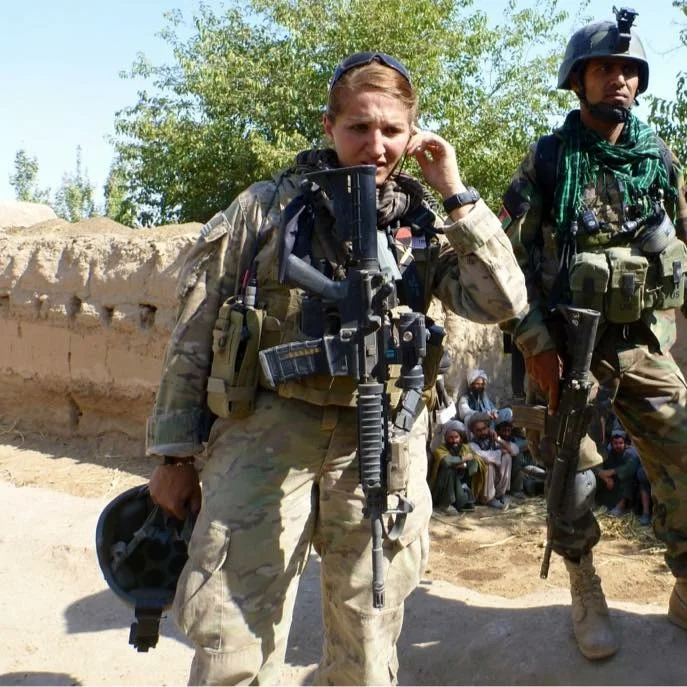Click the buttons below to access the episode on ITunes, or Soundcloud. Be sure to like, share, subscribe, and download the episodes. Thank you.
GRP 63-On for this week's podcast are U.S. Marines John Brown, the President of the Recon and Sniper Foundation, and Lt. Colonel Drew Ralston, Commanding Officer of the 3rd Force Reconnaissance Battalion. We talked about the Recon and Sniper Foundations event at Shot Show in Las Vegas a few days ago which was a huge success, as well as the role and mission of the Foundation. We talk about leadership, what it takes for young Marines to become Reconnaissance Marines in dealing with and overcoming hardships and adversity.
Very shortly the Global Recon's veteran team of writers will begin to release articles with topics to include transnational terrorism, geopolitics, veteran-related issues, military history, and tactical medicine. Our writers are very smart, and accomplished individuals with a lot to offer. We will announce start the article publishing early February. Below is an excerpt from the podcast.
John: You guys met and worked together under some unique circumstances. Can you guys talk about that?
Lt. Colonel Ralston: As a reserve Commander my unit is over in Mobile Alabama, but I live in Baton Rouge, Louisiana. In August of last year, we suffered some of the worst flooding’s on record in this area. Within about 48 hours a group of gentlemen from the Recon and Sniper Foundation had mobilized and got guys down here to help with getting myself and a number of other Reconnaissance Marines back on our feet. There's another reserve unit here in Baton Rouge that was affected by the flood and we got to work. We found retired Marines who needed help. A gentleman who was a Korean War Vet was at the Chosin Reservoir with Chesty Puller had his house decimated by the flood we did a lot of work to get him back on his feet.
We ended up helping the first responders who were out not fixing their homes, but out on the street helping civilians. One of the most rewarded moments for me was one of my former Marines his parent's house was destroyed. We spent 3 days at their house alone. At some point, this Marine's mother looks at her husband and says "You know baby it's going to be ok, the Marines are here.''
John Brown:
http://www.reconsniperfoundation.org
Social Media: ReconSniperFoundation
Introduction speech was by Colin Powell.
Music provided by Caspian:






